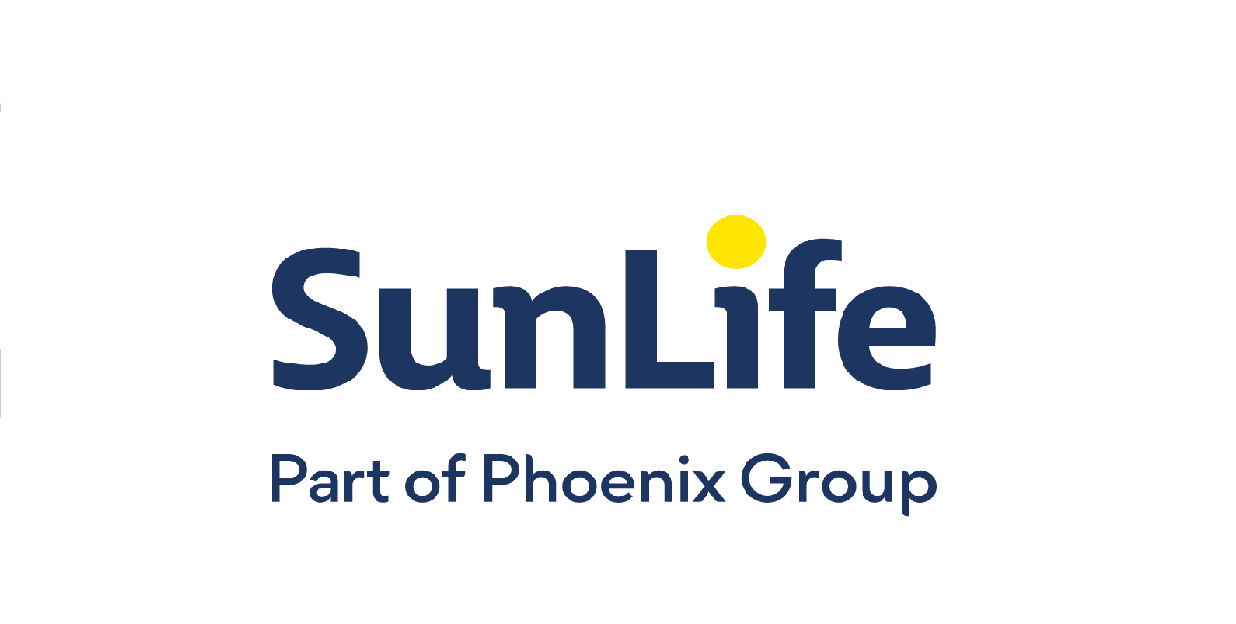- Changes in policy and economic circumstances mean that ‘Gen X’ will struggle to achieve a similar standard of lifestyle as ‘Baby Boomers’ in retirement
- Shifts in working patterns will hinder people saving for retirement, with Gen X unable to fully benefit from long-term auto-enrolment schemes
- Gen X women are more at risk of a poor retirement due to historic pay disparity
- A collaborative effort from Government, industry and regulators is needed to ensure individuals can have an adequate, sustainable and flexible retirement income
A report by the Pensions Policy Institute (PPI) sponsored by Phoenix Group called: ‘Generation VeXed: solving the retirement puzzle’, has found that Generation X, those individuals born between 1966 and 1980, are at risk of not achieving the same standard of living as Baby Boomers in retirement due to changing labour, economic and market conditions.
The landmark report focuses on three areas which impact on pension and retirement plans: labour working patterns, government policy, and economic factors; considering the impact of each on Gen X and comparing that with the experience of Baby Boomers and the likely experience of Millennials.
Key statistics from the ‘Generation VeXed solving the retirement puzzle’ report include:
- 55% - the proportion of Gen X in routine or manual jobs at high-risk of not achieving a moderate level of income in retirement
- £13,000 - the amount Gen X will lose in comparison to Baby Boomers due to state pension changes
- 27% - the percentage of Gen X in rented accommodation, which means that in retirement a significant proportion of peoples’ income will be going on property costs
Commenting on the launch of the report, Clive Bannister, Chief Executive Officer of Phoenix Group said: “Without taking significant action, one third of Generation X are at risk of failing to achieve more than the minimum income levels in retirement. The reality is that Gen X change jobs more often than Baby Boomers, are less likely to have benefited from the guarantees of a final salary pension and will not see the full benefits of auto enrolment that millennials will see. This all points towards lower levels of pension savings, with the added complexities of multiple pension pots.
“We need to recognise that some of Gen X will not feel in a position to take action and that there is no silver bullet for solving their retirement challenge. However, with the right support, encouragement,and engagement, we can all help to ensure they don’t just sleepwalk into a grey and grim retirement when there is more that could be done. It will take a collaborative effort on the part of government, regulators and our industry to ensure more individuals have an adequate, sustainable and flexible retirement income in the future. Consumer initiatives like the Pensions Dashboard, which we fully support, are an example of how we can make it easier for everyone to see their full retirement picture and know when to take action if they can.”
On working patterns and labour market trends, the report finds that Gen X individuals in routine, manual or self-employed work are at higher risk of not achieving a suitable retirement income due to shifting working patterns. Individuals now average 11 different employers during their working lifetime, with the rise of part-time work a key contributor to this – roles which are associated with lower earnings and can impact on pension contributions.
This disproportionally affects Gen X women, who face higher risks of not achieving an adequate income in retirement than men due to lower average earnings and a subsequent higher contribution ratio (potentially up to 47% of income) which can be out of reach for many individuals and vulnerable families.
The changing economic circumstances from generation-to-generation also impacts future retirement plans and living standards. The combination of reduced wage growth, high living expenses, and the changing availability of credit means Gen X are more likely to reach retirement with some form of mortgage debt. This is heightened when you factor in rising house prices – now 4 times more expensive than in 1990 with 27% of Gen X renting accommodation compared to 19% of Baby Boomers.
Recent government and market led policy has also caused a shift in saving and retirement habits. The number of Defined Benefit (DB) savers in the private sector has fallen from 8 million in 1967 to just 1.1 million in 2019. As this DB deceleration occurs, an increased reliance on Defined Contribution (DC) pensions will grant individuals more flexibility in pension management, but offer reduced longterm rewards, with lower annuity payments, making them far less sustainable for the guaranteed high standard of living many individuals are expecting.
Younger generations will also receive less income from the state pension in future years as a result of the removal of the right to accrue entitlement to an earnings-related State Pension. The report found that 46% of Gen X will receive a state pension of around £13,000 lower over their lifetime than they would have expected under the older system enjoyed by Baby Boomers. If part of a couple, this is a £26,000 detriment in their economic circumstances.
Jenny Holt, Proposition Director at Phoenix Group commented: “Employers have an important role to play in helping their employees to understand the importance of saving for retirement, particularly from a young age. Many employers also offer incentives to employees such as matching contributions. However, it’s not just the responsibility of employers, or the individual, to help ‘Generation X’ prepare for retirement, but the government and wider industry too. As the report shows, we all have a duty to help savers ensure they are fully engaged with their pension savings throughout their lives and know what to consider to get the best possible outcome when they come to retire. The report will help us further improve our engagement with consumers from all generations so they can achieve these outcomes.”
Daniela Silcock, author of the report and Head of Policy Research at the PPI added: “There is still time to help Generation X achieve more positive retirement outcomes, and efforts made today should also improve the retirements of Millennials in the future. However, action needs to be taken now if older members of Generation X are to be able to adjust before retirement. While some individual change will be helpful, industry, employer and policy changes will be the most effective means of boosting Generation X’s chances of a better retirement.”
- Ends -
Notes for referral
- Baby Boomers: Born between 1946-1965 (aged between 54 and 73)
- Generation X: Born between 1966-1980 (aged between 39 and 53)
- Millennials: Born between 1981-2000 (aged between 19 and 38)
Enquiries
Rachel Esland
PR and Public Affairs Manager
Phoenix Group
Rachel.esland@standardlife.com
Shellie Wells
Head of Corporate Communications
Phoenix Group
020 3735 0922 / 07872 414 137
shellie.wells@thephoenixgroup.com
Notes to editors
About the Phoenix Group
About Phoenix Group
Phoenix Group is the largest specialist consolidator of heritage life assurance funds in Europe. Its main focus has traditionally been on closed life fund consolidation where it specialises in the acquisition and management of closed life insurance and pension funds (its heritage business). Alongside this, it has an open business which manufactures and underwrites new products and policies to support people saving for their future and when they come to retire. This open business is underpinned by a strategic partnership with Standard Life Aberdeen following the Phoenix Group’s acquisition of Standard Life Assurance Limited in 2018. Standard Life Assurance is a long-established expert in workplace pensions, personal pensions, long term savings and retirement solutions, and its customers and clients include individual savers and some of the largest employers in the UK, as well as professional advisers. Phoenix Group also has a market leading brand - SunLife - which sells a range of financial products specifically for the over 50s market.
Phoenix Group is a member of the FTSE 100 index, and has 10 million policyholders and £245 billion of assets under management. It has four operating life companies and operations in the United Kingdom, Ireland and Germany.









